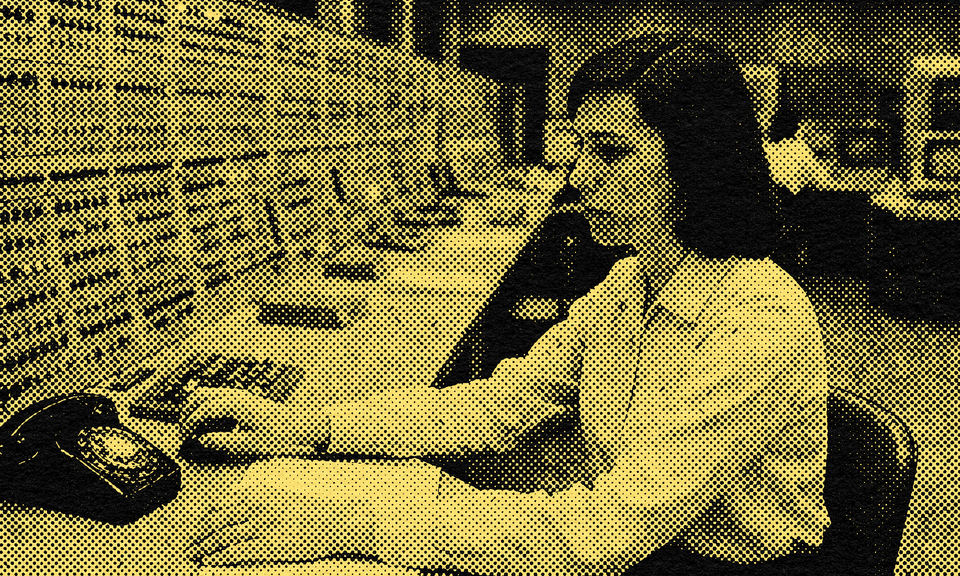Project management is a leadership role. Start acting like it.

Let’s be honest: project management has a reputation problem.
We’re seen as spreadsheet jockeys, meeting schedulers, the human version of a Slack reminder bot. Even in progressive, creative workplaces, the PM is often the one left out of strategy meetings, only to be tagged in once timelines are due and expectations are already out of whack.
And it’s time we stop accepting that.
Because the future of project management isn’t about keeping the train on the tracks, it’s about building better trains, laying smarter tracks, and understanding where the hell we’re even going in the first place.
It’s time to stop acting like taskmasters and start showing up as leaders.
Why now?
Project management has existed long enough that we should’ve moved past the basics. And yet, many of us are still being reduced to process robots or gatekeepers. The reality is that business has changed, and PMs need to change with it.
Strategic project management is that evolution. It's not a new tool or a certification. It’s a mindset that asks: How do my projects support the business? And how can I lead in a way that actually moves the needle?
It means understanding goals, shaping process, connecting dots across functions, and yes—still delivering the damn thing on time. But doing that with curiosity, empathy, and a strong POV. Because strategy without execution is a wish, and execution without strategy is just busywork.
The PM identity crisis
Let’s not sugarcoat it: being a project manager can feel like a thankless job.
We’re the ones holding it all together—calendars, clients, team dynamics, changing scope, surprise outages, last-minute “one quick things.” And yet, when the big strategic conversations happen? We’re left out. When leadership praises a successful launch? They high-five the visionaries, not the ones who quietly got it over the finish line.
It’s demoralizing. But it’s also a symptom of a bigger problem: some of us haven’t been allowed—or encouraged—to step fully into the strategic role we’re capable of.
So why aren’t more of us already operating this way?
A few reasons:
- Not all companies or teams know the true value of a great PM
- Strategy is often seen as someone else’s job.
- We’ve been trained to value process over people.
- Teams dictate how we work, not the other way around.
- We’ve confused frameworks with leadership.
- And honestly? We’ve been too polite about it.
We’ve accepted that project managers work “behind the scenes.” We’ve stayed in our lane while people with louder titles took credit for work we quietly kept alive.
That stops here.
Leadership, not just logistics
Strategic PMs aren’t just updating timelines—they’re helping their teams ask better questions. They build coalitions across disciplines. They flex curiosity. They lean into tough conversations. And they know how to get things done without clinging to dogma.
The real job? It’s not Agile vs. Waterfall vs. Hybrid. It’s knowing how to make sense of the mess. It’s crafting process around your project, not the other way around. It’s reading the room, mapping the nuance, and communicating like hell.
And yes, AI might help with the admin. But AI won’t lead your team through ambiguity. It won’t catch tension in a Zoom room. It won’t have that weird, brilliant shower thought that changes everything.
You will.
So where do we go from here?
The PM of the future knows when to follow the playbook—and when to throw it out.
They use empathy mapping to understand their team’s friction points. They design collaborative processes instead of forcing a one-size-fits-none approach. They leverage tools for data and visibility, but never let tools define their value. And they never forget that people are the engine behind every project.
Strategic PMs lead with purpose. They adapt. They experiment. They make tough calls. And most importantly, they communicate like their job depends on it—because it does.
TL;DR
The future of project management isn’t about frameworks. It’s about leadership. Ditch the dogma. Exercise empathy. Command your curiosity. Lead like it matters, because it does.


Member discussion